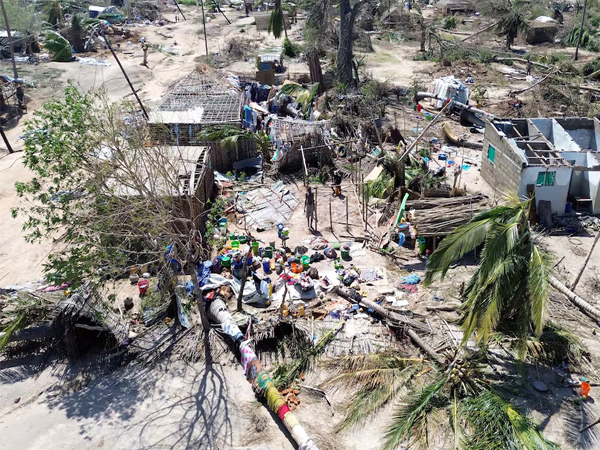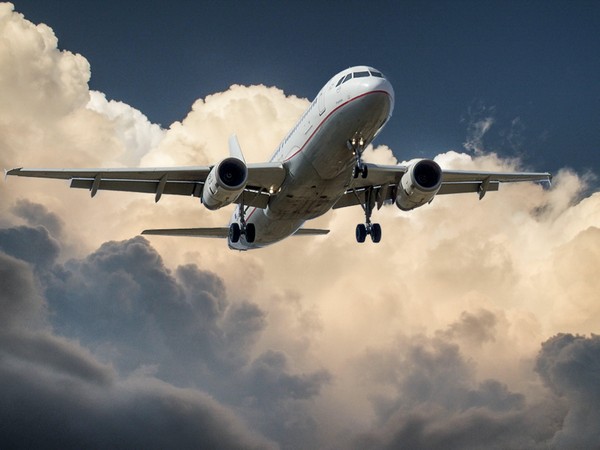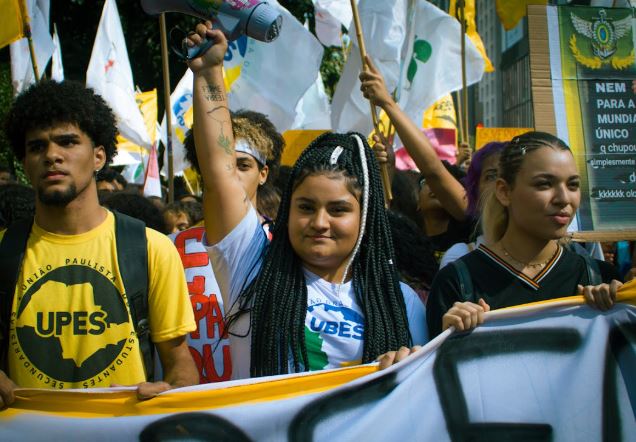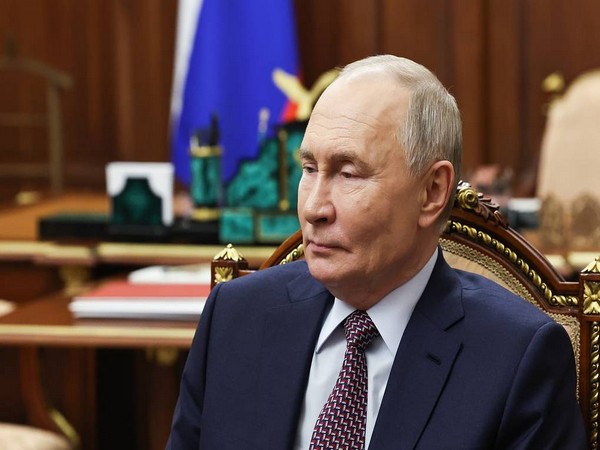Global Summit of Religious Leaders concludes in Baku
Nov 12, 2024
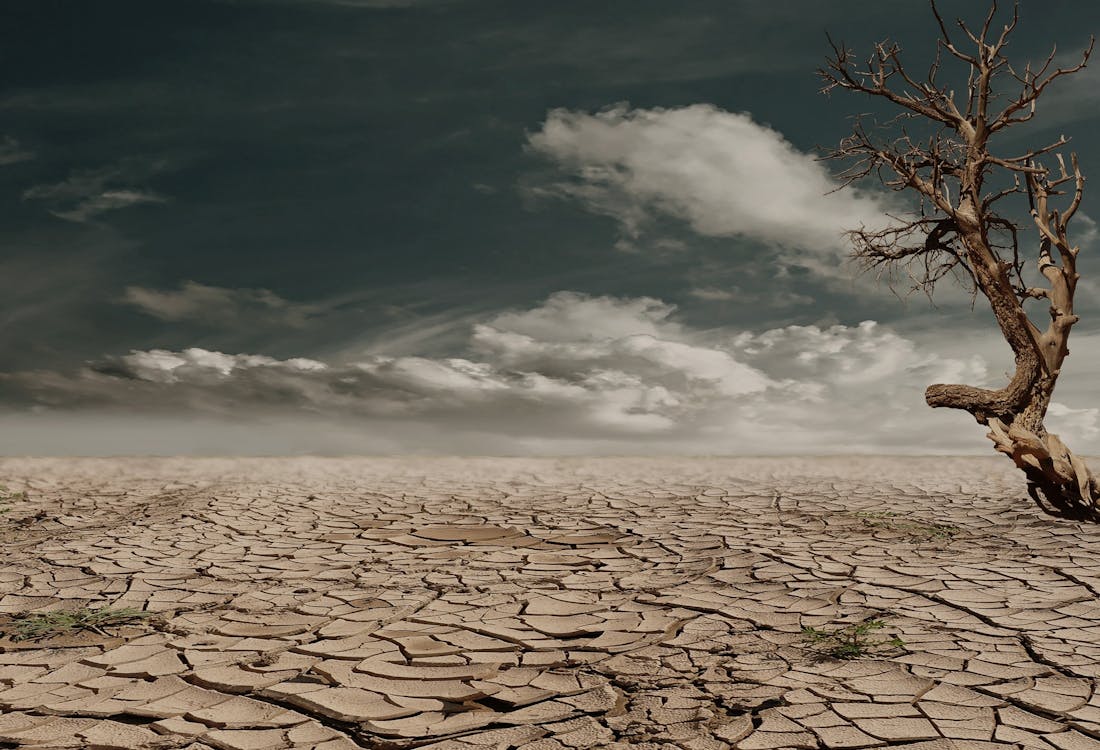
Baku [Azerbaijan], November 12: The Global Summit of Religious Leaders concluded today as part of the 29th session of the Conference of the Parties (COP29) to the United Nations Framework Convention on Climate Change in Baku. This significant event was initiated and supported by His Excellency Ilham Aliyev, the President of the Republic of Azerbaijan.
Based on the success of the previous Summit held in Abu Dhabi last year, this year's summit, held under the theme "World Religions for a Green Planet", was organised by the Ministry of Ecology and Natural Resources of the Republic of Azerbaijan, the State Committee for Work with Religious Organisations, the Muslim Council of Elders, the Caucasus Muslims Board, and the UN Environment Program (UNEP).
The two-day summit, which began on 5th November, brought together nearly 300 prominent leaders from various faiths and religions, including heads of prominent religious institutions such as patriarchs, officials from the Vatican and Al-Azhar, and other notable figures from diverse faiths and backgrounds. Delegates from 55 countries and 30 international organisations, including representatives of foreign governments, high-ranking UN officials, heads of international organisations, scientists also participated in this vital dialogue.
Among the attendees was a delegation from the Dawoodi Bohra Muslim community, led by Kinana Jamaluddin. He attended as a representative of Sultan al-Bohra Syedna Mufaddal Saifuddin, the leader of the million strong community, who was extended a special invitation from the COP29 organisers for this event.
In his address, after thanking President Aliyev and the organisers, Jamaluddin used the Quranic concept of 'walking softly upon the Earth' as a metaphor for harmonious coexistence with nature. He cited the Prophet Mohammed's (SAW) teaching that "All of Creation is a family dependent upon Allah. The most beloved of Creation to Him is the one who benefits His family the most." Building on this principle and the teachings of Syedna Saifuddin regarding our duty towards Earth which is humanity's cherished home, he concluded that our collective actions today create ripples affecting future generations, and when diverse communities work together, they can become a powerful force for environmental change.
Over the course of two days, the summit addressed several critical issues, including religious perspectives and beliefs on the climate crisis, the role of the religious and faith organisation in protecting the environment, and building trust through interreligious and intercivilizational dialogue. It also explored the harmful impact of terrorism, religious and racial intolerance, and wars on the environment, peaceful coexistence and natural ecosystems.
In conversations throughout the summit, delegates shared insights from their environmental initiatives. The Dawoodi Bohra representatives discussed their community's Project Rise activities in tree planting, water conservation and food and plastic waste management, while learning from other faith groups' innovative approaches to sustainable worship spaces and youth environmental education. These exchanges highlighted how different religious communities are adapting traditional practices to address modern environmental challenges, enriching the collective understanding of faith-based environmental stewardship.
The summit concluded with the adoption of the Baku Declaration and the appeal of the religious leaders to the global community to take concrete actions to address the climate crisis and protect the planet.
Source: Times of Oman

